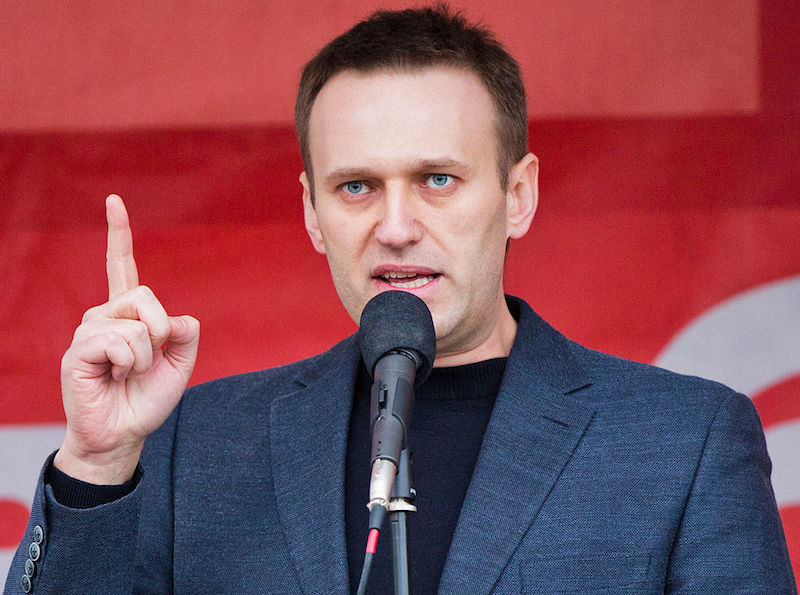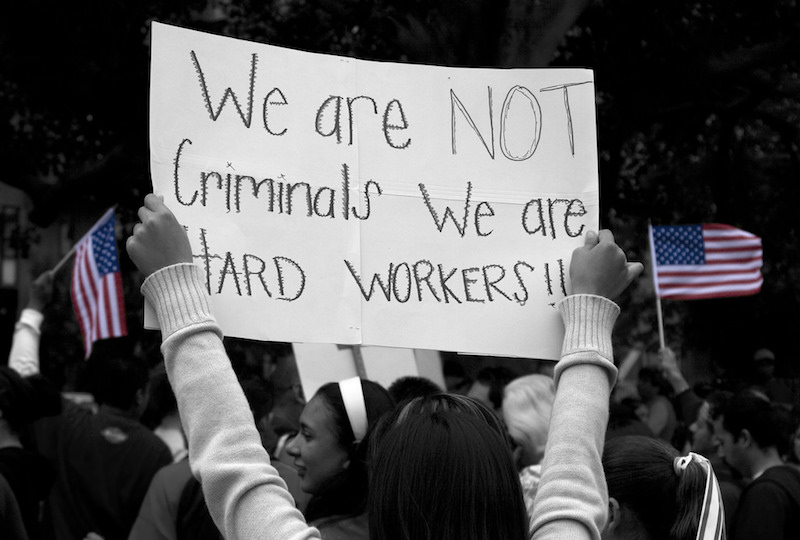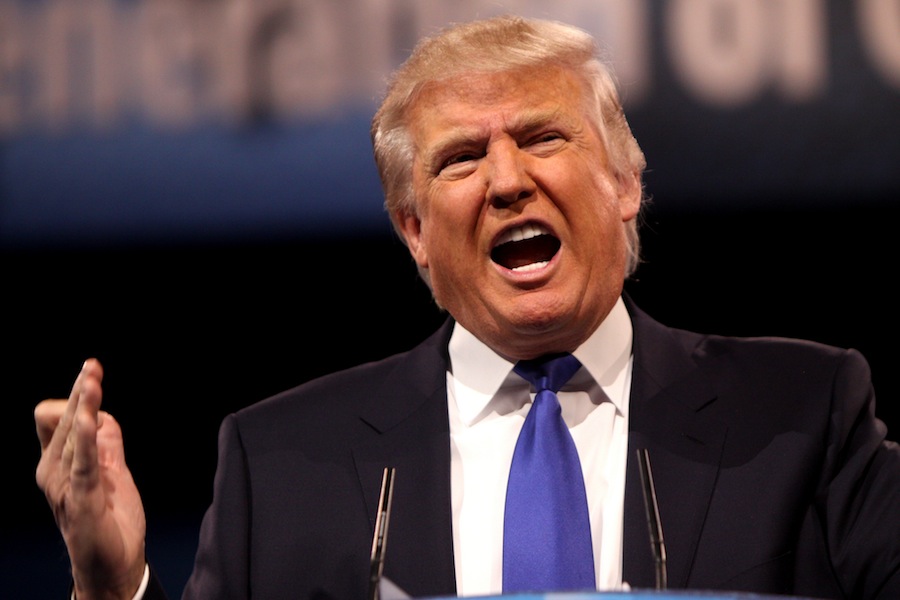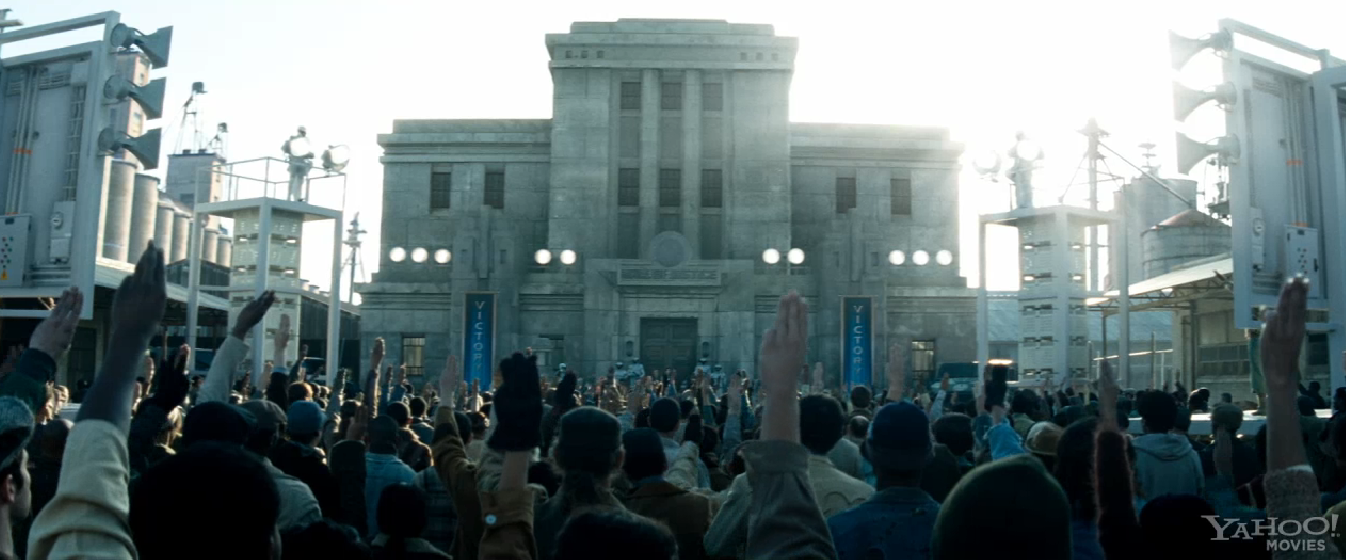Alexei Navalny, one of Russia’s leading political activists and critics of Vladimir Putin, has just been barred from running in the country’s 2018 presidential elections after receiving a five year suspended prison sentence for embezzlement. The decision is viewed by many as a Kremlin subterfuge to eliminate Navalny’s candidacy, even before the presidential campaign begins, as the Russian criminal code prevents anyone condemned of such crimes to run in the presidential race. The move also suggests Putin’s fear of facing a strong political opposition, which could seriously undermine his legitimacy in the long term. Since the early 2000s, the Putin administration has been employing various tactics ranging from poisoning to imprisonment in order to eliminate or discredit any legitimate opponent of the regime. However, Navalny does not appear to be dissuaded, declaring his intentions to appeal to the Russian Constitutional Court to overturn the verdict and to continue his campaign.
Activist background
Navalny is most known for his work as a political activist, denouncing Russia’s endemic corruption, and criticizing Putin and his ministers on social media and during political demonstrations. His YouTube channel often posts videos of the elite’s vast households and properties, which the average Russian citizen would never be able to afford, while his blog and Twitter account openly criticize Putin’s regime and policies. In an effort to fight against corruption that has plagued Russia for decades, Navalny set up the ‘Anti-Corruption Foundation’ NGO in 2011 which “investigates, exposes, and fights corruption among high ranking Russian government officials”. In early 2010, Alexei Navalny organized and took part in important anti-Putin demonstrations in major Russian cities. He has also denounced fraud in the 2012 election.
Political opposition
Over the years, Navalny has become a credible political opponent who has the potential to undermine Putin’s legitimacy in the 2018 elections. In 2013, with the support of the RPR-PARNAS party, Navalny ran in the Moscow mayoral elections. In the face of candidate Serguey Sobyanin, an old supporter of Putin, he managed to get a surprising 27% of votes, in spite of the large administrative resources his opponent had and the repression his campaign was subject to. Currently his presidential campaign, which he announced in late 2016, is based on combating levels of corruption among the Russian elite, the opacity of the Russian court systems, and the lies of the media.
Undermining Putin’s legitimacy
Regardless of his growing popularity, and even if Navalny is able to continue his campaign for the presidency, he seems unlikely to be elected as president in 2018. Although the country is facing worsening economic conditions, Putin’s popularity is at an all-time high — as demonstrated by the results of the 2016 parliamentary elections in which his party secured 54% of votes in spite of low voter turnout. His approval rating reached approximately 80% last fall, and has stayed constant since the annexation of Crimea in 2014 when compared to the popularity of Western European leaders. Even though he has yet to announce whether he will run in the March 2018 presidential elections, which would be his fourth term in office, it is highly probable Putin will present his candidacy in the coming months.
If Navalny manages to run in the presidential elections and obtains an important share of the votes, he is likely to undermine Putin’s legitimacy in the long term. It would confirm the existence of a growing opposition within the population, which has up to now manifested itself through low voter turnout during various Russian elections, and render Navalny harder to repress after the elections due to his increased popularity. The Kremlin fears this would enable Navalny to denounce the regime’s corruption and criticize Putin on a wider scale, and to a larger audience. His growing credibility and attacks against Putin’s regime may also ensure Navalny a greater base of support for the 2022 presidential elections, in which Putin will no longer be allowed to run according to Russian law.
Photo: Alexei Navalny (2013), by Evgeny Feldman/Novaya Gazeta via Wikimedia Commons. Licensed under CC BY-SA 3.0.
Disclaimer: Any views or opinions expressed in articles are solely those of the authors and do not necessarily represent the views of the NATO Association of Canada.




